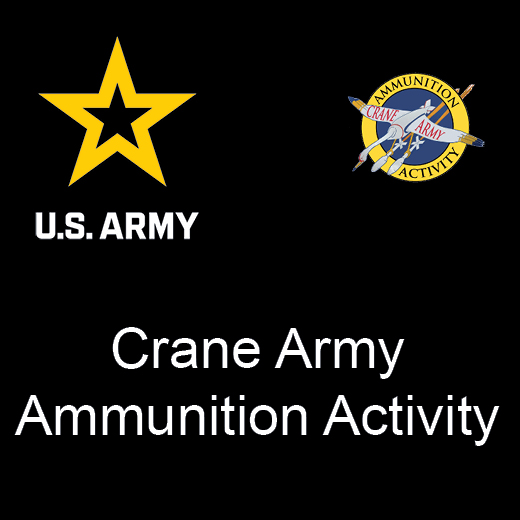When it comes to jobs in sales, recruiting, and client services, there’s usually a good deal of phone calling involved. These are essential skills for roles like these and the great news: You probably have experience doing something like this before.
However, when you’re interviewing for these jobs, it’s important to be able to actually differentiate between the different types of phone calling you’ve done. This is true for a couple reasons:
- You want to demonstrate an understanding of industry terms to show them you’re savvy and excited about the role.
- You DO NOT want to misrepresent your experience.
To get a real handle on the differences, we spoke to a subject-matter expert and recruiting manager, Murphy. She’s currently working on a national sales/recruiting position for which both cold calling and warm calling are significant components of the job.
What Is Cold Calling?
As a recruiter for a national sales and recruiting role, Murphy has interviewed hundreds of candidates and has a keen understanding of the nuances between the two types of calls.
“Cold-calling is a sales tactic used to reach out to people or companies to entice them to buy a product or service or to donate to a cause they have not yet heard of,” she says. “Cold calling is used on people or companies a company or cause has deemed (through researching) to be a good fit to buy, use, or donate to them.”
This is experience you’re likely to have if you’ve ever worked for a service business, a non-profit, a political campaign, or even your school’s alumni relations office.
Here’s a good way to know if what you’re currently doing or have done is cold calling, according to Murphy: “If you are given a list of people who do not know you are going to reach out to them and do not know about the product, services, or causes you are educating them about, you are cold calling them.”
The “cold” aspect of it is the fact that this person or organization hasn’t heard of you or your company/product/service before.
What Is Warm Calling?
What, then, is warm calling?
“Warm-calling is reaching out to people or companies who have already expressed interest in or asked to be reached out to about the products, services, or causes you are working for,” Murphy explains.
This goes for more than just sales calls, too.
“If you are reaching out to people for feedback on their shopping experience, telling store loyalty members about new discounts or rewards, or reaching out to people who have requested a product demonstration, you are acting on a warm lead and, thus, warm calling them,” she adds.
Some people and companies think of calls that come after a cold email (similar to a cold call in that it’s an email/message sent without any prior contact) as warm calling, too. So, if this is something you’ve done, it’s okay to think of it as either cold or warm calling.
What Are The Key Differences?
Cold calling is calling someone or some group with whom you have had no previous contact in regard to your service, product, or company.
Warm calling is following up on another contact you’ve had with a prospective organization or customer.
There you have it. For any other burning questions, check out this list of the best first-round phone interview tips and the WayUp Guide.






